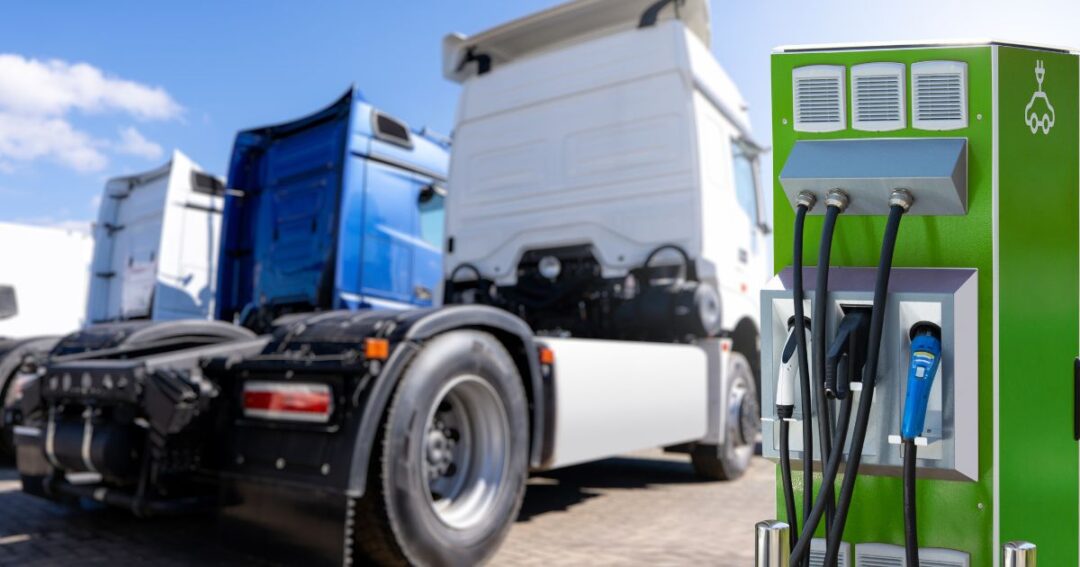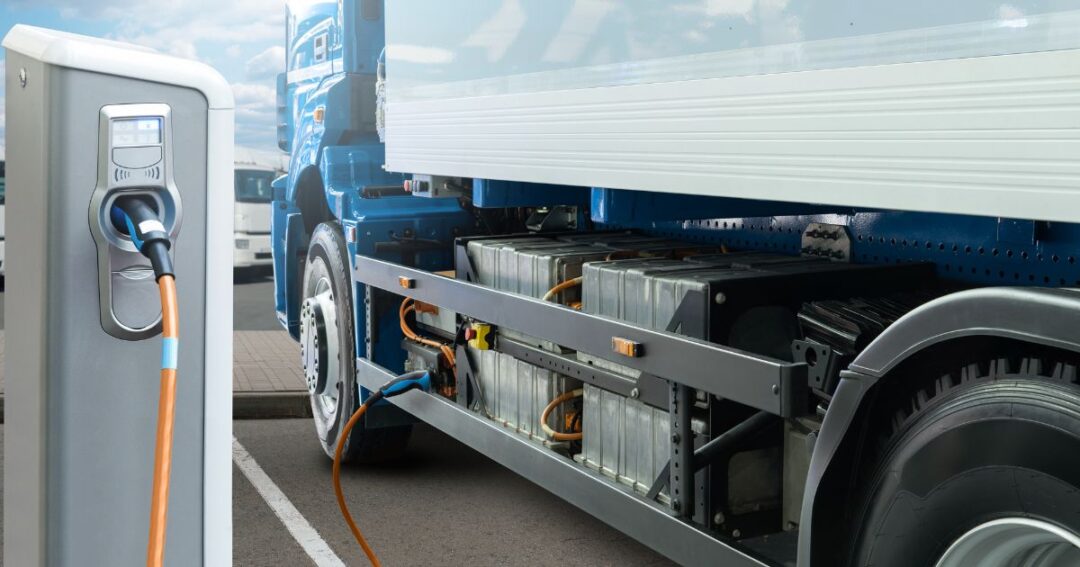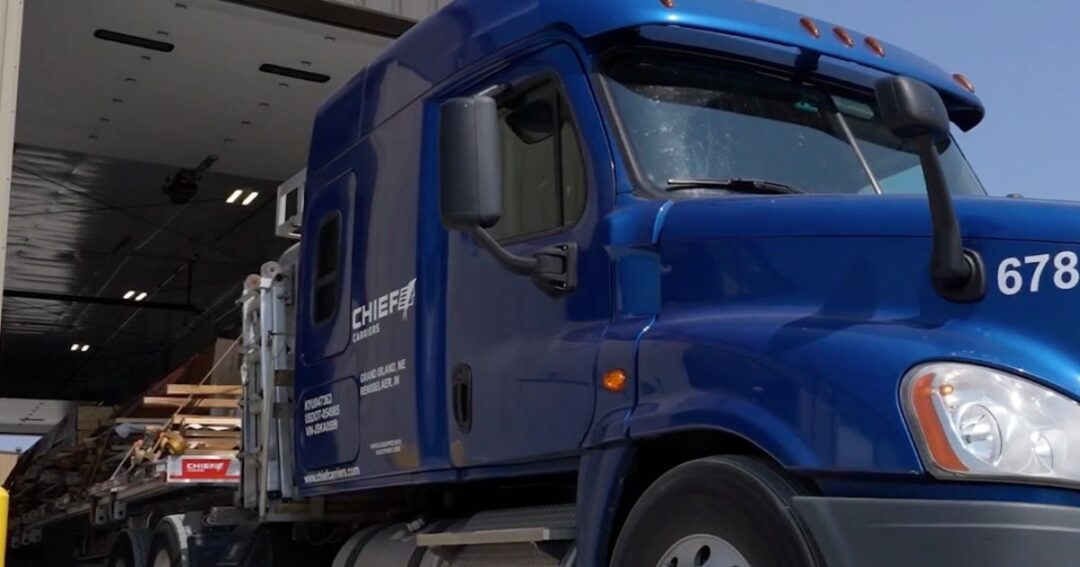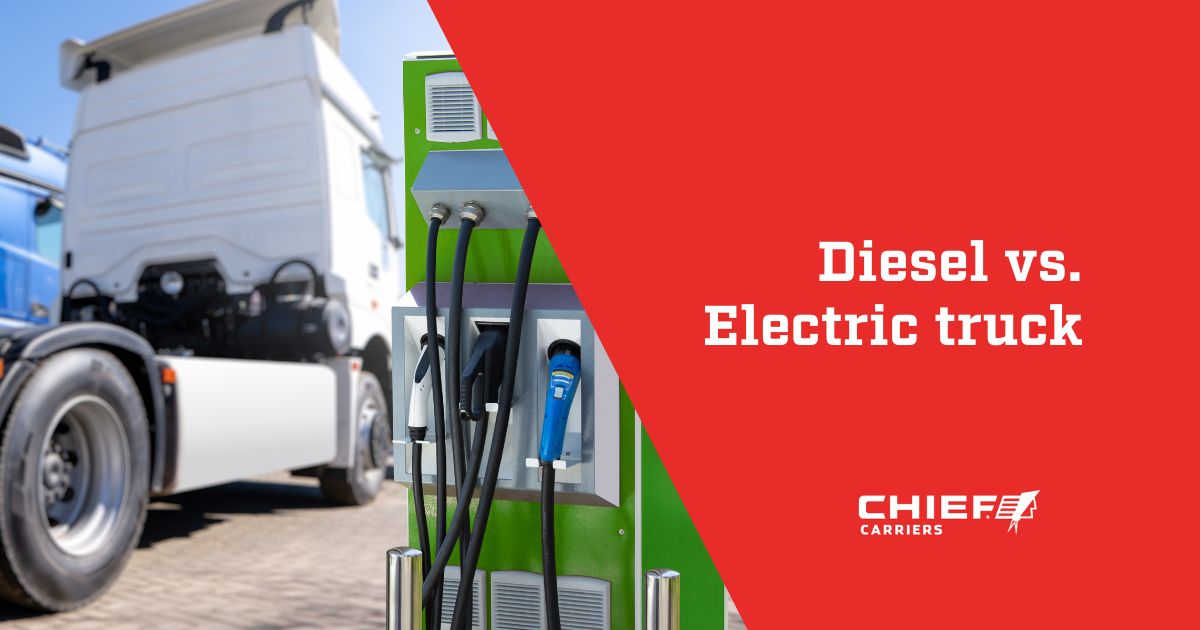Diesel vs Electric truck: The solution to rising fuel costs?
In the transportation landscape, the rising fuel costs loom, casting a shadow of uncertainty over industries heavily reliant on diesel-powered vehicles. As global energy markets swig the quest for viable alternatives has never been more pressing entering the pivotal debate: Diesel vs Electric trucks.
The traditional reliance on diesel-powered trucks, while providing the backbone of global logistics for decades, now faces mounting challenges. With fuel prices on an upward trajectory, businesses are grappling with the economic ramifications of volatile energy markets.
Powered by electric motors and propelled by cutting-edge battery technology, electric trucks represent a paradigm shift toward emissions-free logistics.
Yet, as with any disruptive innovation, the transition from diesel to electric has complexities and considerations.

Overview of a Battery Electric Truck
A Battery Electric truck is often hailed as the future of commercial transportation, representing a significant departure from their traditional diesel counterparts.
At its core, a battery electric truck is propelled by electric motors, drawing power from advanced battery systems rather than conventional internal combustion engines. This fundamental shift in propulsion technology brings forth a host of benefits and considerations reshaping the landscape of freight transportation.
Sustainable Propulsion
A Battery Electric truck offers a sustainable alternative to diesel-powered vehicles, mitigating the environmental impact of fuel combustion. By eschewing traditional diesel engines in favor of electric motors, these vehicles produce zero tailpipe emissions, reducing air pollution and greenhouse gas emissions.
Advanced Battery Technology
The operation of an electric battery truck is achieved by integrating advanced battery technology. Lithium-ion batteries, the predominant power source for electric vehicles, store electrical energy efficiently, enabling prolonged driving ranges and rapid acceleration.
The evolution of battery technology continues to drive improvements in energy density, charging times, and overall performance, bolstering the viability of electric trucks for commercial applications.
Integration of Smart Technologies
The advent of electric trucks aligns with adding intelligent technologies, elevating efficiency and driver satisfaction.
From telematics systems facilitating real-time fleet management to advanced driver assistance features to improve safety, electric trucks embody the convergence of innovation and connectivity to reshape the future of transportation.
Infrastructure Development
However, the adoption of a battery electric truck hinges upon the development of robust charging infrastructure. Charging stations, strategically deployed along key transportation routes and within urban centers, form the backbone of electric vehicle logistics.
Initiatives aimed at expanding charging infrastructure and standardizing charging protocols are critical to overcoming barriers to adoption and fostering the seamless integration of electric trucks into existing transportation networks.
Advantages of Diesel vs Electric Trucks
While electric trucks hold promise as a sustainable alternative to traditional diesel vehicles, diesel trucks continue to offer distinct advantages in certain contexts. Understanding the comparative strengths of each technology is essential for businesses navigating the transition to cleaner transportation solutions.

Established Infrastructure
Diesel trucks benefit from a well-established refueling infrastructure, with diesel fuel readily available at numerous gas stations and truck stops worldwide.
This extensive route of refueling stations offers convenience and reliability, particularly for long-haul transportation routes. Charging infrastructure may be limited for battery electric trucks.
Longer Range Diesel trucks typically boast longer driving ranges compared to their electric counterparts.
The high energy density of diesel fuel enables diesel trucks to cover greater distances on a single tank, making them well-suited for long-haul freight operations where extended range is paramount.
Rapid Refueling
Refueling diesel trucks is relatively quick and straightforward, with refueling times comparable to gasoline vehicles. The efficiency of diesel refueling allows for minimal downtime, maximizing productivity for businesses operating within time-sensitive logistics environments.
Higher Payload Capacity
Diesel trucks often exhibit higher payload capacities than electric trucks of similar size and configuration. The robust construction of diesel engines and drivetrains enables diesel trucks to accommodate heavier loads, making them indispensable for industries requiring the transportation of bulky or dense cargo.
Cost-Competitive Initial Investment
What is the cost of the ownership of a diesel compared to a battery electric truck?
From a financial perspective, diesel trucks typically entail lower upfront costs compared to a battery electric truck.
The relatively mature technology and widespread availability of diesel-powered vehicles contribute to their affordability, making diesel trucks an attractive option for businesses seeking cost-competitive transportation solutions.
Flexibility in Remote Areas
In remote or rural areas with limited access to charging infrastructure, diesel trucks offer unparalleled flexibility and reliability.
The self-sufficiency afforded by diesel vehicles allows businesses to operate in regions where electric vehicle charging infrastructure may be insufficient or nonexistent.
Familiarity and Industry Expertise
The prevalence of diesel trucks in the transportation industry has fostered a wealth of expertise and familiarity among drivers, mechanics, and fleet managers.
The established knowledge base surrounding diesel vehicle maintenance, repair, and operation contributes to the seamless integration of diesel trucks into existing logistics workflows.
When incorporating a battery electric truck you need to consider when is the time? And who do we train to give maintenance to this type of vehicle?
Maintenance for Electric Trucks: A Comparative Analysis
In the debate between a diesel vs electric truck, maintenance is a crucial factor impacting the overall expense of ownership and operational effectiveness.
While both trucks require routine maintenance to ensure optimal performance and longevity, the maintenance requirements and associated costs diverge significantly between the two technologies.

Simplified Maintenance for Electric Trucks
Electric trucks, characterized by their streamlined drivetrains and absence of complex internal combustion engines, offer a paradigm shift in vehicle maintenance.
When compared to diesel vehicles, electric trucks boast fewer moving parts, reducing the likelihood of mechanical failure and simplifying maintenance procedures. This simplicity translates into lower maintenance costs and decreased downtime for electric trucks, contributing to enhanced operational efficiency and cost savings over the vehicle’s lifespan.
Reduced Wear and Tear
The transition from diesel to electric trucks entails reducing traditional mechanical components prone to wear and tear.
With fewer components subject to friction and mechanical stress, electric trucks exhibit decreased maintenance requirements for engine lubrication, cooling systems, exhaust systems, and transmission components.
Consequently, electric trucks offer a compelling proposition for businesses seeking to minimize maintenance-related downtime and mitigate the risk of costly repairs.
Battery Maintenance Considerations
Central to the maintenance of electric trucks is the management of battery systems, which serve as the primary power source for electric propulsion.
While lithium-ion batteries, the prevalent technology in electric vehicles, offer exceptional energy density and longevity, proactive battery maintenance is essential to ensure optimal performance and lifespan.
Regular monitoring of battery health, temperature management, and adherence to recommended charging practices are paramount to maximizing battery longevity and mitigating the risk of premature degradation.
Specialized Training and Expertise
The maintenance of electric trucks necessitates specialized training and expertise among technicians and service personnel.
Unlike traditional diesel engines, electric drivetrains and battery systems require specialized knowledge and diagnostic tools for effective maintenance and repair.
As such, businesses transitioning to electric fleets must invest in training programs and partnerships with certified service providers to ensure comprehensive maintenance support for their electric vehicles.
Comparative Analysis of Maintenance Costs
When conducting a comparative analysis of maintenance costs between diesel and electric trucks, it’s essential to consider both short-term and long-term factors.
While diesel trucks may incur lower upfront maintenance costs due to the familiarity of existing maintenance practices and readily available parts, electric trucks offer long-term cost savings through reduced maintenance requirements, lower incidence of mechanical failures, and decreased reliance on fossil fuels.
In conclusion, while diesel trucks have historically dominated the transportation landscape, the advent of electric trucks introduces a paradigm shift in vehicle maintenance practices and associated costs.
Do electric trucks solve the rising fuel cost in transportation?
While it’s true that electric trucks hold significant promise in addressing the escalating fuel costs plaguing the transportation industry, it’s essential to acknowledge that a battery electric truck may not yet represent the ultimate solution for all transportation needs.
The rising fuel costs affecting transportation trucks have spurred a growing interest in alternative technologies such as electric propulsion.
Electric trucks, powered by advanced battery systems, offer a sustainable alternative to traditional diesel vehicles, mitigating the impact of volatile fuel prices on operational expenses.

Battery Electric trucks aren’t the solution for transportation yet.
However, despite the undeniable advantages of electric trucks, including reduced fuel costs and environmental benefits, it’s crucial to recognize the existing limitations and challenges.
While electric trucks excel in urban environments with robust charging infrastructure, their applicability to all transportation requirements isn’t universal. Especially for long-haul routes, charging infrastructure is scarce and limited presenting logistical challenges.
Furthermore, the transition from diesel to electric trucks requires significant investment in charging infrastructure, battery technology, and operational adaptations.
Businesses must carefully evaluate their specific transportation needs, considering factors such as driving range, payload capacity, and infrastructure availability, before committing to electric truck adoption.
In this context, electric trucks present an enticing solution to the challenges posed by increasing fuel expenses and environmental issues. However, electric trucks might not surface as a substitute for diesel trucks in all scenarios.
As technology continues to evolve and infrastructure improves, the viability of electric trucks as a mainstream transportation solution may become more pronounced.
However, for now, a balanced approach that considers the strengths and limitations of both battery electric and diesel trucks is essential for navigating the complex landscape of transportation sustainability and fuel cost management.
Striking a Balance: Navigating the Intersection of a Diesel vs Electric Truck
As businesses and industries grapple with the economic ramifications of volatile energy markets and environmental imperatives, the debate over the most viable path forward intensifies.
The emergence of electric trucks represents a significant milestone in the quest for greener, more efficient transportation.
Powered by advanced battery technology and propelled by the promise of emissions-free logistics, electric trucks offer a compelling alternative to their diesel counterparts.
With advantages ranging from reduced operational costs to environmental sustainability, electric trucks stand poised to revolutionize the transportation landscape. However, it’s essential to acknowledge the nuanced considerations and challenges inherent in the transition to electric fleets.
While electric trucks excel in urban environments with well-established charging infrastructure, their suitability for long-haul transportation remains contingent upon the expansion of charging networks and advancements in battery technology.
Moreover, the upfront investment and operational adaptations required for electric truck adoption necessitate careful deliberation and strategic planning by businesses seeking to embrace sustainable transportation solutions.
In this context, the solution to rising fuel costs lies not in a singular technology or approach, but rather in a holistic strategy that leverages the strengths of both diesel and electric trucks.
By embracing a diversified fleet approach tailored to specific operational needs and sustainability goals, businesses can navigate the complexities of the modern transportation landscape with confidence and foresight.
In closing, the solution to rising fuel costs lies not in the supremacy of one technology over the other but in the strategic integration of diverse transportation solutions aligned with our collective vision for a sustainable world.
Chief Carriers
Consider starting your journey with Chief Carriers, where safety and opportunity meet. With Chief Carriers, you’re not just joining a team; you’re stepping into a role where your safety is the top priority.
Explore a career with us and drive towards a safer, more promising future.
Driven Too Far: The Truth About Trucking Podcasts
Dive into the world of trucking with “Driven Too Far: The Truth About Trucking.” Our podcast uncovers the real stories of the road, offering insights, tips, and tales from the trucking life. Tune in and join the journey.

